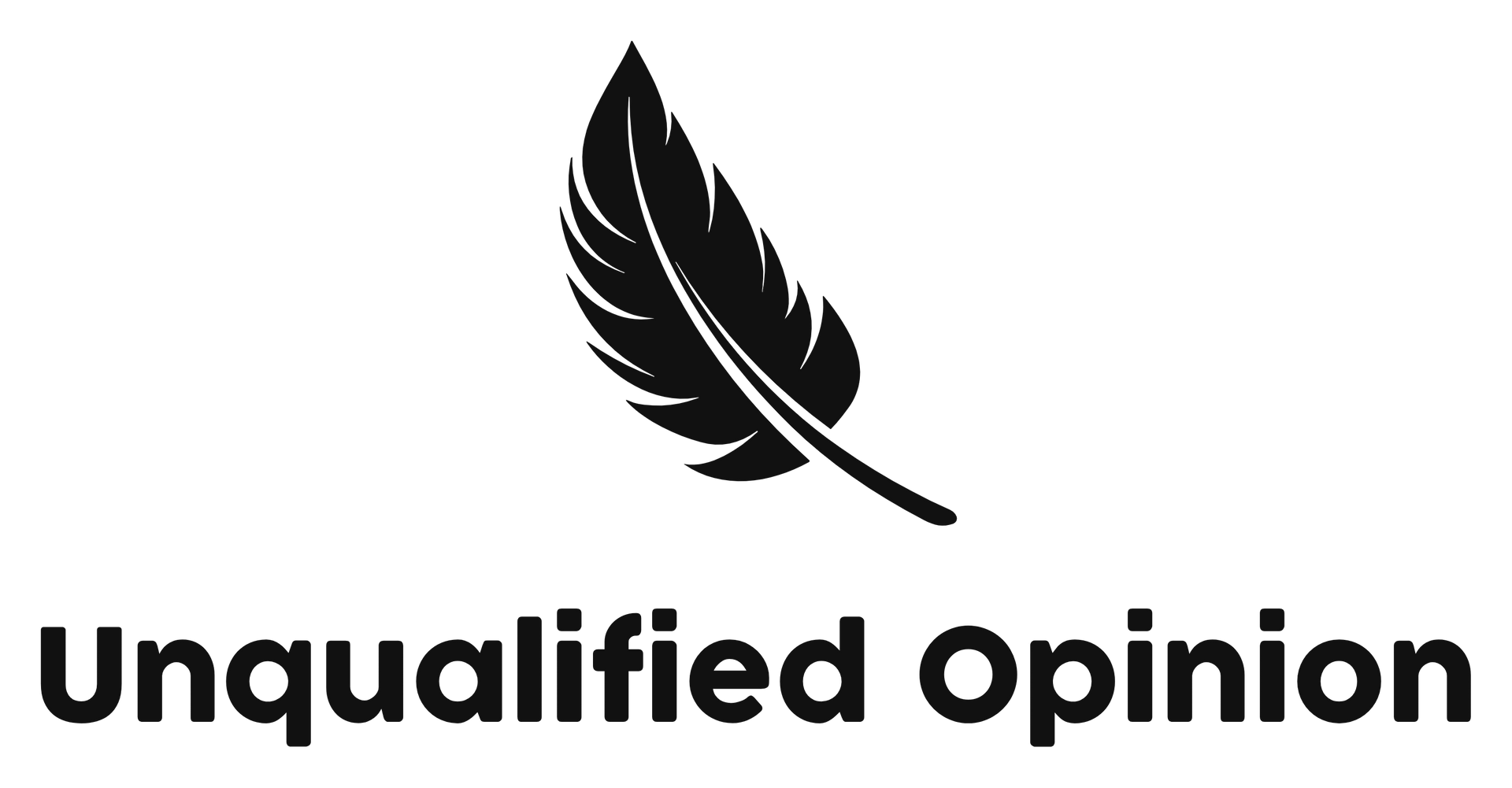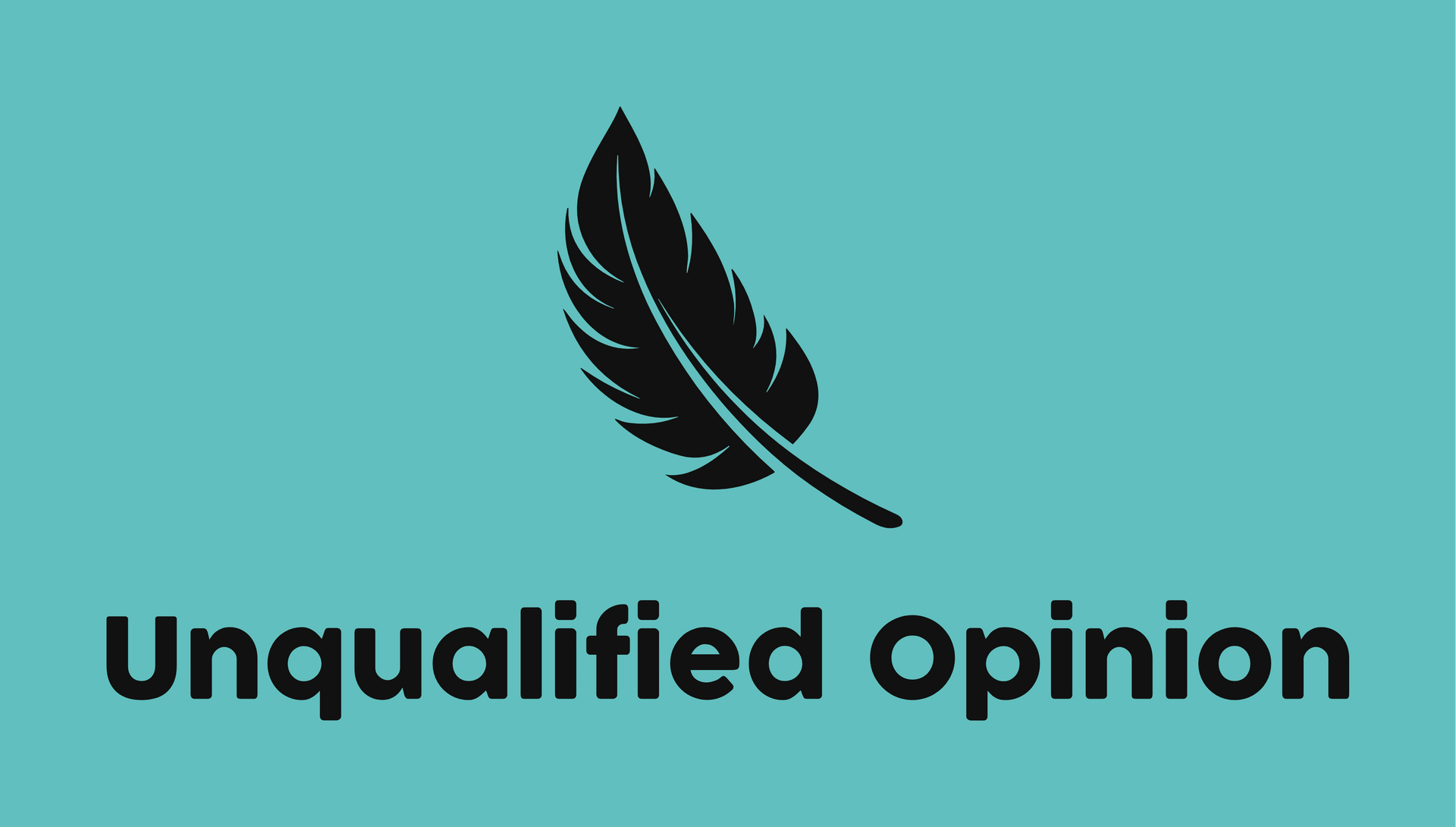(6 min) Want to be Happier? Lower your Expectations of People!

All through my childhood, I had a difficult relationship with my parents.
They divorced when I was young and did not maintain a very healthy co-parenting structure.
Our stepdad moved in soon after their divorce and I held them responsible for the separation we experienced from my father. We had scheduled visits with him, but my mom would freak out if I randomly stopped in at his place before coming home after school.
It wasn’t as if I was hiding it from her. I would call her as soon as I got there and let her know. They lived like a 15 min walk apart… so nothing too far. She just didn’t want me to have the autonomy to see him.
There were so many things like that, that ended up driving a wedge into our relationship. She refused to talk to me as a person and instead treated me like a possession without my own thoughts and reasons.
She would never explain herself to me when we disagreed about something, obviously thinking she didn’t have to… and maybe she didn’t. But it certainly didn’t make our relationship a healthy or trusting one.
For example, she did not teach me about periods so when I started mine at an early age, I didn’t feel comfortable telling her and instead hid my bloodied panties in my drawer. When my mom found them, instead of sitting me down and explaining what was happening to me, she lost her mind and called me a dirty pig.
She and my stepdad refused to let me grow up. I have had much larger breasts than others my age since about grade 5. For most mothers and daughters, this harkens a bonding trip to the mall to get the first bra!
Not for me.
Instead, my mother gave me 2 of her own bras. They were old lady style, wireless, and didn’t fit properly. My pre-pubescent boobs were lost in the fabric and because it was so ugly it made me feel ashamed to be wearing it.
There was never much consideration of this mother-daughter bonding time. I think it was because my mother did not have a good relationship with her own mother either.
And I don’t think my stepdad grew up with much money or love in his household either. I say that because he was always so forceful about us not needing new things.
He would always say things like “we aren’t so high fluting” that we need a new couch or new clothes or new car or new whatever.
And sure, it’s okay to be economical and resourceful, in fact it’s a great skill to have! But his version came with a dose of “you aren’t good enough to deserve nice new things”.
Like I said, as a kid, it drove a huge wedge between us. One that sadly never really recovered. I have never really felt a connection to them, although I have tried.
It was only in the past few years as I have come into my 40s that I realised one of the most important things of my life…
Your parents, your bosses, your coworkers, and anyone else in your life are just people. That’s it. They have flaws and issues, just like anyone else.
You need to lower your expectations of the people around you if you don’t want to be miserable for the rest of your life.
And I will tell you another thing, forgiveness comes so much easier when you separate the title from the person.
Reminder, I have VERY high expectations for people who choose to become parents. I even wrote a blog post about that very subject which you can read here.
But being able to separate the title “parent” from who my parents were as people helped me to forgive them for things.
Neither my parents nor my stepparents were well educated. On the other hand, I have degrees in psychology and business, and diplomas in public administration and statistics. Just in that alone, we speak completely different languages.
I have a career. They had jobs. I make a decent living. They struggled for every dollar for most of their lives.
We experience this world so very differently.
As I mentioned earlier, I don’t think my mom or stepdad had particularly warm relationships with their own parents. That wasn’t modeled for them so how could I expect anything different?
Having said that, I do believe people can put in the work to change. To be better. But I think those conditions are only met when folks have had access to good education and in some cases, great therapy.
I also don’t want people to confuse forgiveness and understanding with allowing yourself to be walked on. I do not condone that at all. You can forgive and stay no-contact. That is your choice as an adult, and something else I wrote about which you can read here.
What I want to emphasize is that lowering your expectations helps put things into perspective.
You don’t expect every random man you meet to be capable of doing taxes, or building houses, or baking, or having warm and calm conversations about periods, right?
You don’t expect every random woman you meet to be able to garden or sew or help you decide if your new potential home purchase is a good deal, right?
So why would we expect those things of our fathers and mothers and other caregivers?
I feel it is in part because TV/Movies/Books and now social media have built up parents to be these do-it-all saviour types who can do it all with a smile on their faces the whole time and end the day with a hug, no matter what.
But they can’t. It just isn’t realistic.
And this empathetic approach to understanding people doesn’t just stop at parents and siblings or friends… it extends to everyone.
For example, an area I have struggled with in my life when it comes to understanding and having empathy for people… is with bosses and coworkers.
I hold myself to a very high standard when it comes to my job, and I used to feel the same about everyone else around me at work.
I would expect my bosses to be fully capable of handling their own workload, as well as ensuring the health, happiness, and work-life balance of the unit and everyone that worked under them.
I expected that they would all be good listeners who used the advice of the professionals employed to their teams.
How ridiculous of me.
Honestly.
As for coworkers, I used to take it as a personal slight when someone was late to a meeting with me, or when someone failed to send back edits on a shared document in time, or when people spent more time talking about lunch than the project at hand.
How silly of me. Ridiculous, in fact.
Don’t get me wrong, I have had PLENTY of bosses and coworkers that perform WAY above my expectations… most of them actually.
But for those that don’t, I no longer mentally punish them for it, and I certainly don’t take it as a personal slight.
Some people are just more capable of others.
And even further, some people are more aware of what they are capable of than others.
That is just human nature, I suppose.
I once had a younger coworker tell me they had a “smaller plate” than me. Indicating they were not capable of taking on as much work as me.
That drove me nuts for months. I was actually disappointed and honestly even a little angry that this person was telling me they couldn’t take on additional tasks and I would have to pick up the slack because they couldn’t handle more.
Now, if someone said the same thing to me, I would take it in stride. I would accept it as that person’s truth and move on. I wouldn’t judge. Actually, I would probably ask them if there was anything MORE, I could do to help them with their current workload.
This didn’t even happen that long ago, maybe 2 years ago. That is how much my perspective has changed in this short time.
I even developed a 4-coworker-type matrix to help me organize folks in my mind at work. Some of my closest work friends know of this matrix and will probably laugh that I am sharing it here:
- Type 1: Someone you BOTH like working with and talking to (This is the ultimate work bestie. They get their work done and they are an awesome confidant)
- Type 2: Someone you can work with, but don’t want to be friends with (No problem here. I bet I fall into this category for most people at work because I am better at work than I am at socializing)
- Type 3: Someone you want to be friends with but don’t want to work with (This one is tough because the person is obviously nice enough if you want to be friends with them, and that can make it difficult when you are assigned a task with them)
- Type 4: Someone you neither want to be friends with nor work with (This is the worst. And this is probably the category of folk that you need to work the hardest to find empathy for in order to get through your day peacefully)
Now I don’t expect everyone to expend this type of energy on categorizing the people around them. Full disclosure, I have ADHD, and this is just how my brain works.
But I still think the idea of lowering your expectations of the people around you, in order to forgive their shortcomings and find more happiness in your daily life can be helpful for everyone; neurodivergent or otherwise!
Separate the title from the person.
Understand that your expectations may not be realistic, given the individual’s circumstances.
A “boss” could have less life experience than you.
A “parent” could be more immature than you.
People are just people, flaws, and all.
Life is short, and it goes by quickly. No sense in spending any mental energy on grudges and resentment.
And I will be straight with you… it isn’t an easy nor linear process, but it is a worthwhile one. One that I personally have committed to for life, and I am all the happier for doing so.
Remember, you don’t have to be an expert, to have an opinion.
Sign up to our weekly newsletter to make sure you never miss a post or freebie!


